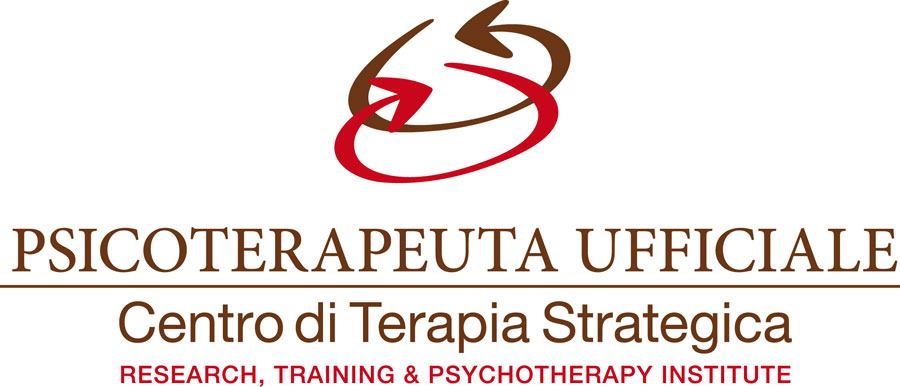-
BRIEF STRATEGIC THERAPY: WHAT IS IT?
“It’s simple to make things complicated, but it’s complicated to then make them simple.” (F. Nietzsche)
The strategic approach to psychotherapy can be defined into simpler terms as “the art of resolving complicated problems by means of apparently simple solutions”. The basic premise is that, although human problems and sufferance appear complex and persistent, they do not necessarily require equally long and complicated solutions; more often than not, we awfulize the road to recovery as a long and and exhausting journey into our past in search of the original cause of the problem.
Contrastly, Brief Strategic Therapy is a short and focused intervention, oriented towards the extinction of symptoms at their source and the reconstruction of one’s self-perception, the perception of others and the world as a whole. In other words, the primary objective of a strategic therapist is to quickly resolve problems and disorders that can or have become intrusive and disabling not only to the patient who suffers from them, but also for those in his immediate proximity.
Making use of a rigorous empirical-experimental research methodology, the strategic approach to psychotherapy represents a revolutionary perspective when compared to prior ‘conventional’ forms of psychotherapeutic intervention, at the basis of which there is a complex and advanced theory; a distinctive feature of this model is its ability to procure changes in a short period of time (generally with the first few months) even in the case of deeply rooted disorders that have persisted for years.
The results obtained through treatments based on well-constructed strategic interventions, applied and utilized at the Center of Strategic Therapy in Arezzo and other affiliated Italian offices, have shown just how possible it is to effectively solve and resolve a vast array of psychological problems in a short span of time. The current data on efficacy (defined in this case as the resolution of the problem) and efficiency (the speed at which it is resolved) reports 88% of cases resolved with an average of 7 sessions (Nardone, Portelli, 2005).
By virtue of these characteristics, the strategic model appears not only to be a decidedly effective theoretical and operational model for quickly solving clinical problems (individual, couple or family), but also an approach applicable to numerous interpersonal contexts, including but not limited to those in the realms of sociality, education and business.
Dr. Giovanna Rosciglione
Psychologist, psychotherapist and researcher
Via Galantara, 2 - Fano (PU)
phone (+39) 338 9014444
Dr. Giovanna Rosciglione
Psychologist, psychotherapist and researcher
Via Galantara, 2 - Fano (PU)
phone (+39) 338 9014444

